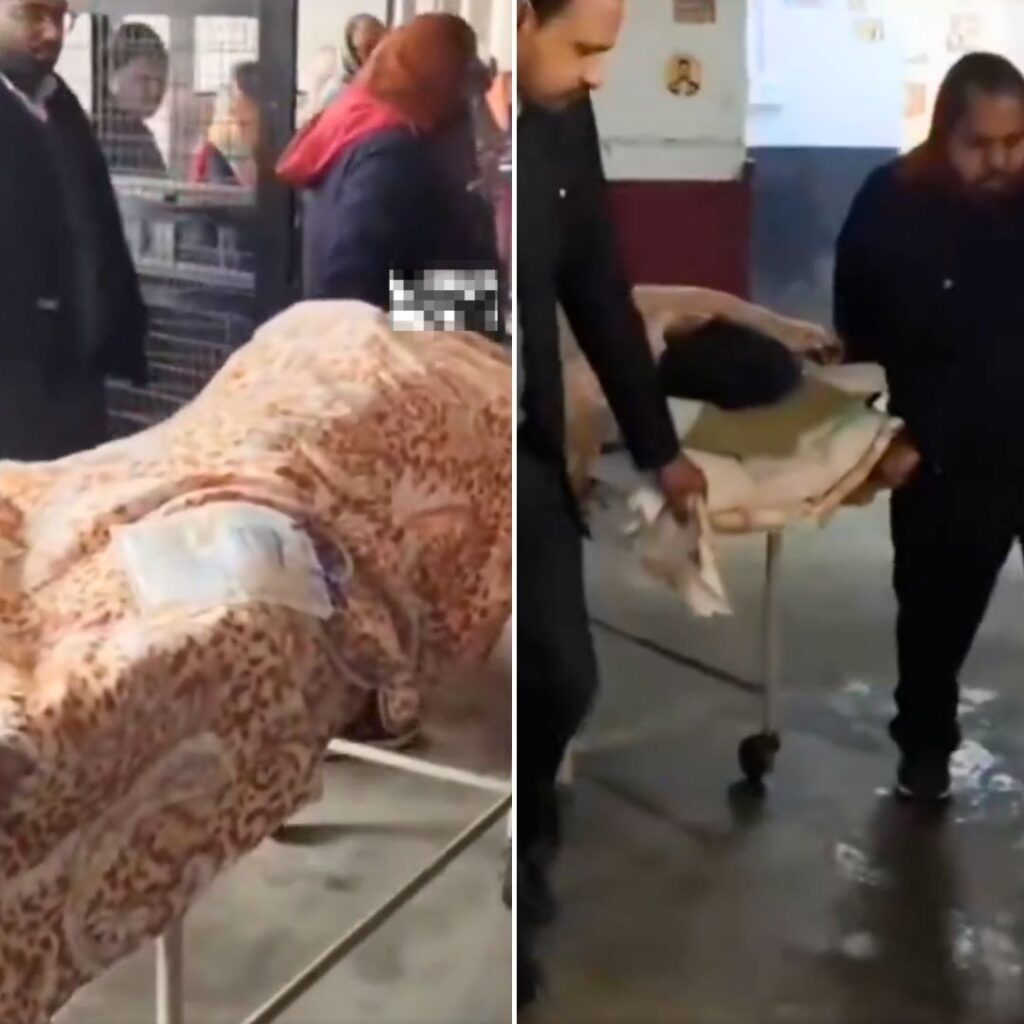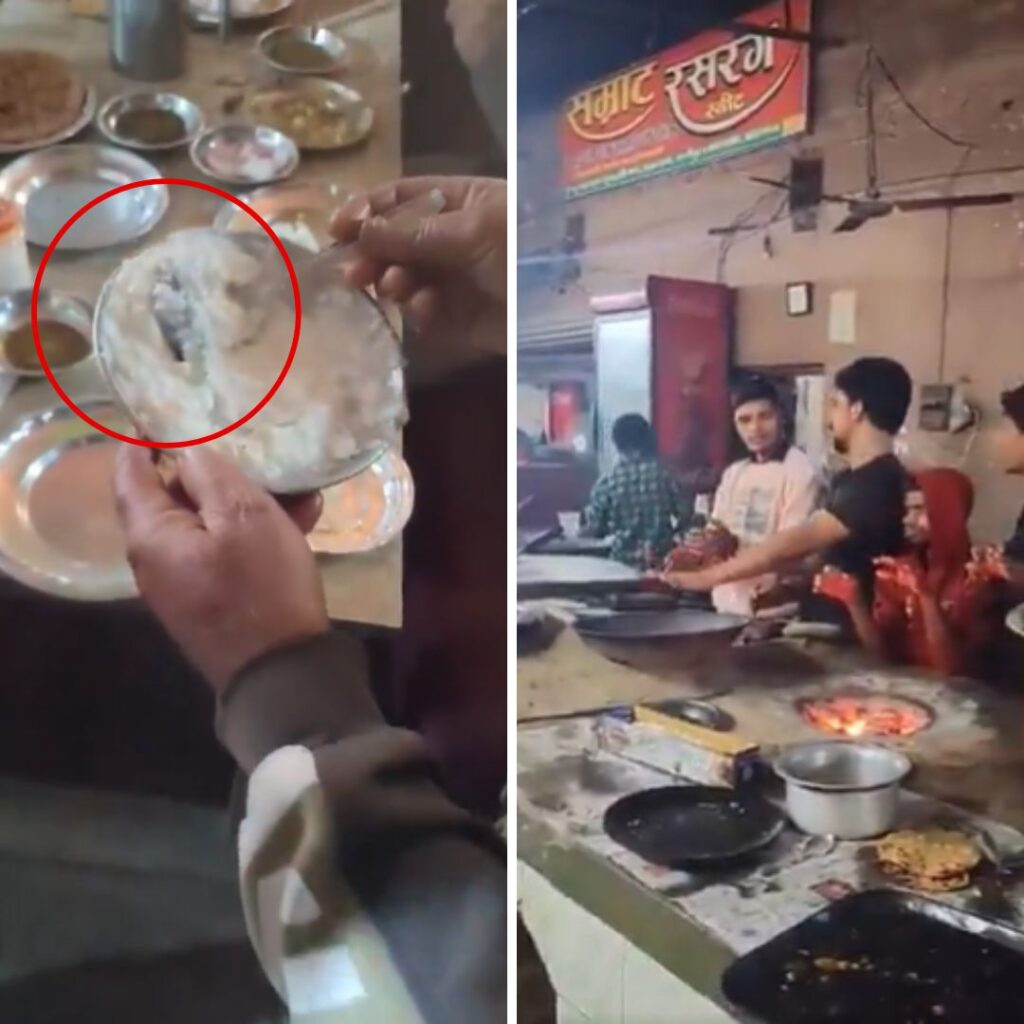“To care for those who once cared for us is one of the highest honours.” – Tia Walker, The Inspired Caregiver.
Ernakulam sub-divisional magistrate Adeela Rabeeh Abdulla is not like most IAS officers.
In addition to her duties as a civil servant, the former MBBS student leads a 42-member volunteer team that works to solve family disputes between aged parents and their children by mediating and providing free counselling.
Many elderly people in India are not aware of their rights due to the high occurrence of illiteracy and lack of alertness. Elder illiteracy directly contributes to a lack of knowledge regarding the human rights for older people in India and contributes to the infringement of those rights. To avoid such incidents from happening, Dr Abdulla and her team began to organise counselling sessions for aged parents and their children to help them reconcile their differences.
The Logical Indian recently interviewed Adeela Abdulla to learn more about her efforts. She is extremely passionate about the rights of elderly citizens. She said, “Whenever I went to public functions, I explained to people how important issues of the elderly are to society. I called for volunteers to our service, and many showed up – because there is a lot of power and satisfaction in this task.”
A passionate team
Dr Abdulla is guided by a faithful array of volunteers. She has the following groups of people who help her in her mission:
An NGO called MAGICS that works for the elderly; Santhwana Counseling Centre; Kerala Counsellors Forum; independent volunteers like students and others; advocates; ward members/municipal chairpersons/local committees etc.
Her main ally is the Santhwana Institute of Counselling, Kochi. Together with enthusiastic volunteers from the Institute, Dr Abdulla helps solve disputes between aged parents and their children.
The volunteers are all excited and motivated to render free service. Dr Abdulla says she only helps them by giving them consideration and advice, by giving them relevant files and information, and by motivating them. “Most of them were honoured with our trust; the files that were given for independent consideration were of great help, and so was the training provided by Sreelal Warrier, who is a lawyer at the Kerala High Court, and his team. That training went on for 30 hours or so; by the end of it, the volunteers were all set for the task.”
The team convenes every Tuesday, regularly. “I tell my office to not entrust me with any jobs or meetings on Tuesdays and I don’t take leave or adjourn court on Tuesdays, and neither does my staff … In some instances, the resolution of disputes is prolonged. In the case of disputes where there is prolongation, we call the parties on other days as well. Those conciliators who attended the case are asked to come again. Sometimes, police officers, ward councillors, village officers, priests etc. are also called in. These meetings mainly take place on Tuesdays but meetings can be arranged on other days as well.”
The team manages to resolve disputes without any bitterness remaining between the two parties when they leave the room. There is, of course, a lot of bitterness during the session. However, with a lot of talking, crying, and ventilating experiences – and the legal support that the elderly get and the powers of sub-collectors – the cases get resolved.
Dr Abdulla and her team also conducts follow-ups, surprise visits, house visits, and ask for reports from the police, ward members, and village officers. She told The Logical Indian, “There is a lot of effort involved. Most days we reach home late at night, completely exhausted. But the hard work is worth it. Especially when the parents or their children come back to us to thank us for our efforts – the ordeal is difficult but completely worth it.”
So how do Dr Abdulla and her team solve disputes?
Elder abuse is a serious problem in India. According to a study conducted by Agewell Foundation, 65% of old people are poor with no source of known income. The survey also stated that older women are more prone to suffer abuse due to factors like gender discrimination, a longer lifespan than older men, a longer span of widowhood and no source of income as traditionally most of them are housewives.
Additionally, out of every 10 elderly couples in India, more than 6 are forced by their children to leave their homes.
So according to Dr Abdulla and her team, how can such problems be solved? She gave three pointers:
Counseling, conciliation, and implementation of the law. “When I began working on such cases, I had to do all the counselling myself. But now I can mobilise more people to help in solving more such cases. Conciliation has a good role here. As parents get old, we cannot take a regulatory stand against children as parents need children for help – then the children will be more distant from parents emotionally and this will increase the isolatio…











